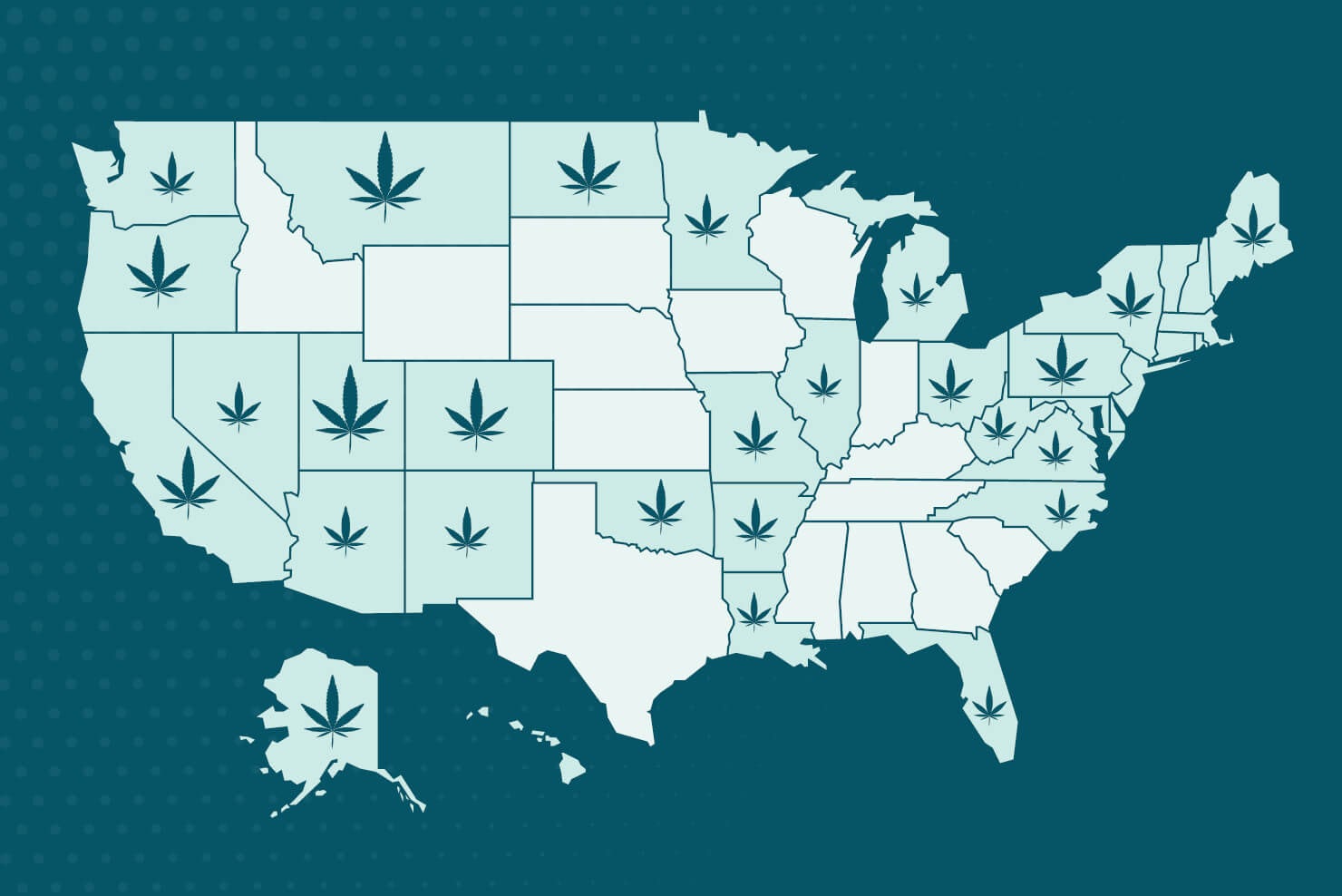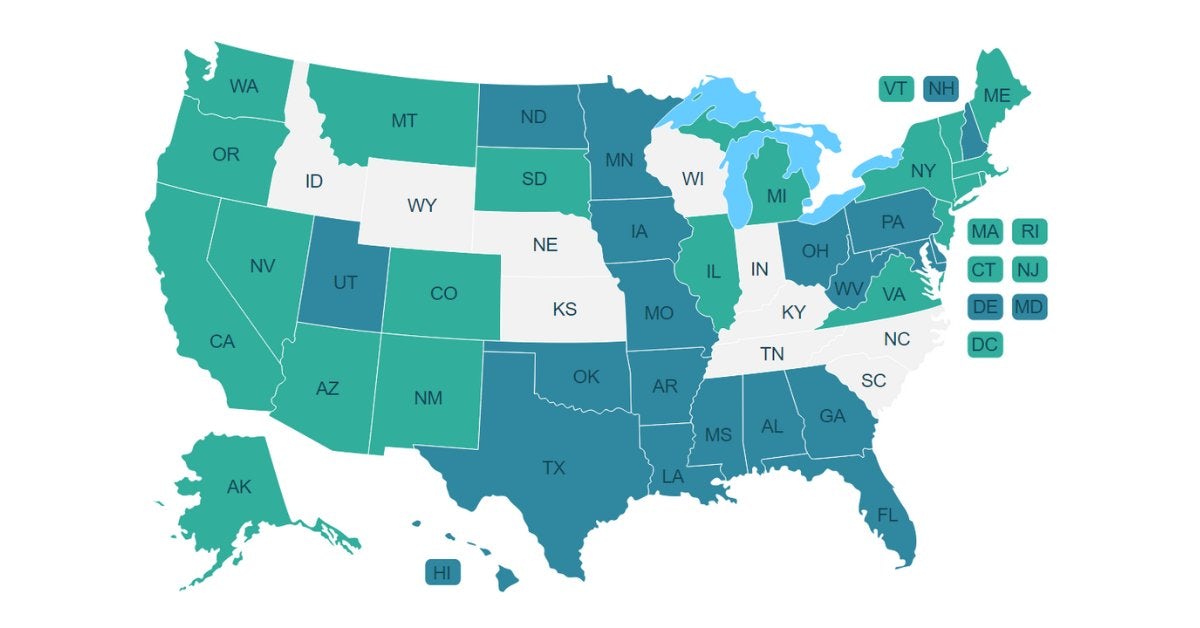Medical cannabis is legal in the state of Ohio. A patchwork of cities in Ohio have decriminalized marijuana possession, though it is not decriminalized on a state-wide basis.
How to Get a Medical Card in Ohio
To receive legal medical marijuana in the state of Ohio a prospective patient must be placed on the state registry. To qualify you must receive a patient registration submission from a recommending physician, including a diagnosis or confirmation of a qualifying condition. If the patient is a minor, they must attain parental consent.
The prospective patient must then pay the required fee ($50 annually for patients and $25 for caregivers).
Qualifying Conditions
The qualifying conditions that patients in Ohio can receive medical cannabis for include:
- AIDS
- Amyotrophic lateral sclerosis
- Alzheimer’s disease
- Cancer
- Chronic traumatic encephalopathy
- Crohn’s disease
- Epilepsy or another seizure disorder
- Fibromyalgia
- Glaucoma
- Hepatitis C
- Inflammatory bowel disease
- Multiple sclerosis
- Pain that is either chronic and severe or intractable
- Parkinson’s disease
- Positive status for HIV
- PTSD
- Sickle cell anemia
- Spinal cord disease or injury
- Tourette’s syndrome
- Traumatic brain injury
- Ulcerative colitis
Reciprocity
Ohio does not have reciprocity for patients with medical licenses issued in other states.
Where to Buy
Medical marijuana became legal in Ohio after House Bill 523 went into effect in September, 2016.
The first medical marijuana dispensary didn’t open in the state until January, 2019, and today there are 48 state-licensed medical dispensaries across the state.
Under Ohio’s medical marijuana law, smoking is not an approved mode of intake, but dispensaries still sell dry marijuana flower for use in vaping. The following medical marijuana products are legal for distribution in Ohio’s medical marijuana dispensaries: oils, tinctures, capsules, edibles, oil and solids for vaporization, patches for transdermal administration, and flower for use in vaporizers.
According to the Ohio Board of Pharmacy, there were 78,376 registered patients in the state as of December 31, 2019, 43 licensed processors, and 590 physicians licensed to provide medical marijuana recommendations. As of January 13, 2020, 7,292 pounds of plant material had been sold in the state, and the program had totaled some $60.6 million in product sales.
Personal cultivation is not legal in Ohio, though the state has decriminalized marijuana to some degree, and possession of up to 100 grams is considered a misdemeanor that does not warrant incarceration.
Sign up for bi-weekly updates, packed full of cannabis education, recipes, and tips. Your inbox will love it.

 Shop
Shop Support
Support













